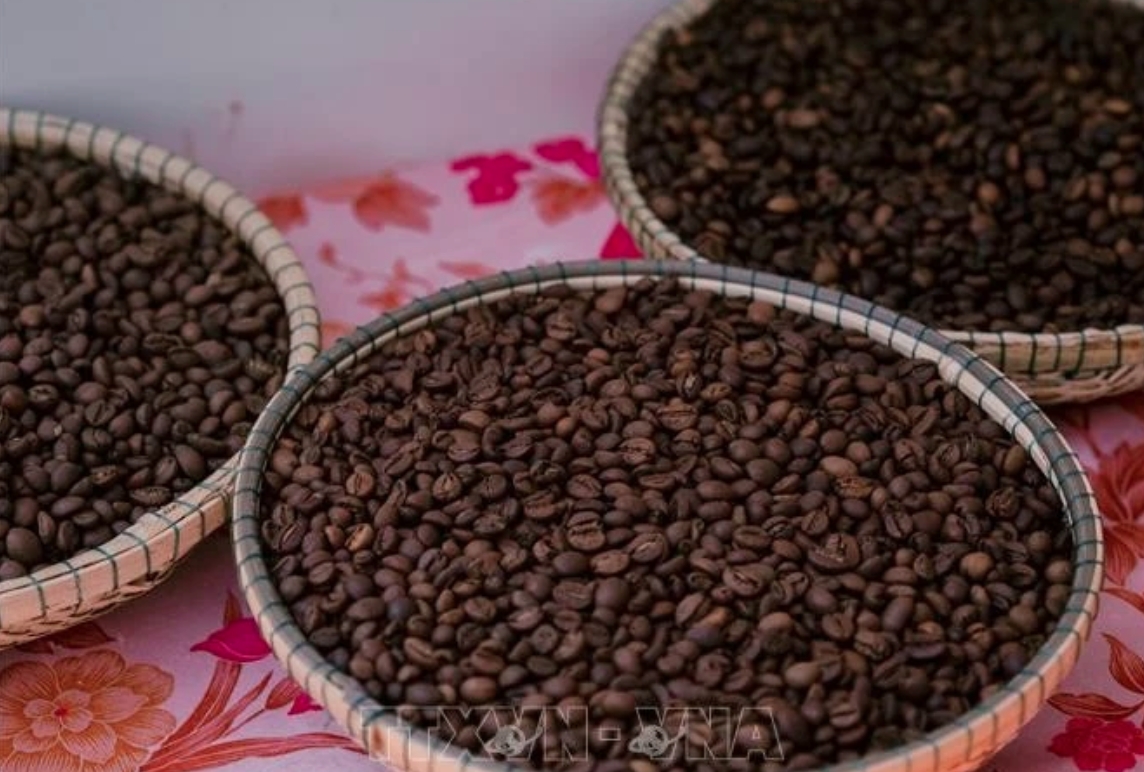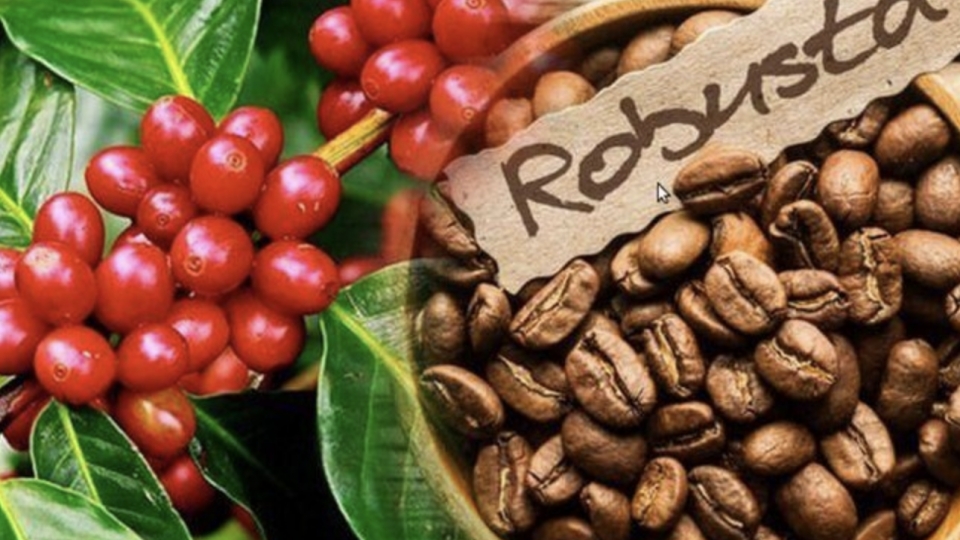Quality, branding, sustainability essential for Vietnamese coffee to go global
With coffee prices consistently high and export markets showing impressive growth, Vietnam’s coffee industry is entering a golden phrase, requiring it to reposition itself on the global map through better quality, branding, transparent traceability, and sustainability, according to insiders.
In key Central Highlands regions, coffee prices are hovering around VND125,000-126,000 (US$4.82 – 4.86) per kilogramme, with expectations of increasing to above VND130,000 in the coming period.
Chairman of Simexco Daklak Company Limited Le Duc Huy, also Vice President of the Dak Lak Coffee Association, said farmers hold about only 15% of the coffee supply. Farmers are releasing their stock cautiously while international buyers are proactively purchasing coffee with stable volumes to stockpile while waiting for the coffee harvests in Brazil and Indonesia in Quarter 2.
Huy noted that this year's coffee supply cannot meet market demand. However, due to ongoing complex global geopolitical situations, customers are shifting to a strategy of purchasing just enough for actual needs to minimise risks.
According to the Ministry of Agriculture and Environment, Vietnam shipped US$3.78 billion worth of coffee abroad in the first four months of the year, a 51.1% increase compared to the same period last year. The average export price of coffee reached US$5,698 per tonne, up more than 67%, reflecting a clear improvement in the quality and position of the product in the global market. Robusta coffee, Vietnam's flagship product, has been particularly favoured in Asian and European markets due to its consistent flavour and abundant supply compared to competitor nations.
However, Europe, accounting for 41% of Vietnam’s total exports, is preparing to implement the EU Deforestation Regulation (EUDR) by the end of this year, forcing products to be fully traceable and sourced from deforestation-free supply chains. Against the backdrop, experts said the Vietnamese coffee industry must urgently transform cultivation methods, apply digital technology, and implement sustainable certification processes throughout the entire supply chain.
Some players have already adapted. The Bu Dop coffee cooperative in Binh Phuoc province is pioneering specialty coffee production using organic practices, intensive processing and advanced freeze-drying techniques to preserve the fruit flavour. The cooperative is also reforming its operations to retain the essence of native coffee varieties.
Notably, industry collaboration is also gaining traction. A recent strategic Memorandum of Understanding between Highlands Coffee and Simexco Dak Lak marks a significant step towards redefining Vietnamese robusta as a value-added product meeting the international standards of quality and sustainability.
Alongside these positive signals, the coffee industry still faces many internal challenges such as climate change, aging plantations, and limited processing technology.
Deputy Director of the Department of Agricultural, Forestry and Fishery Quality Management in Dak Lak province Bui Duc Thien believed that for sustainable development, the industry needs comprehensive reform from cultivation to harvesting, processing, and market linkages. If farmers receive support in accessing sustainable farming techniques and businesses invest heavily in deep processing, Vietnamese coffee is able to stand firm in the global competition.
With proactive business measures, market expansion policies, and improved product quality, Vietnam's coffee industry is still expected to achieve export turnover of around US$7 billion in 2025.




